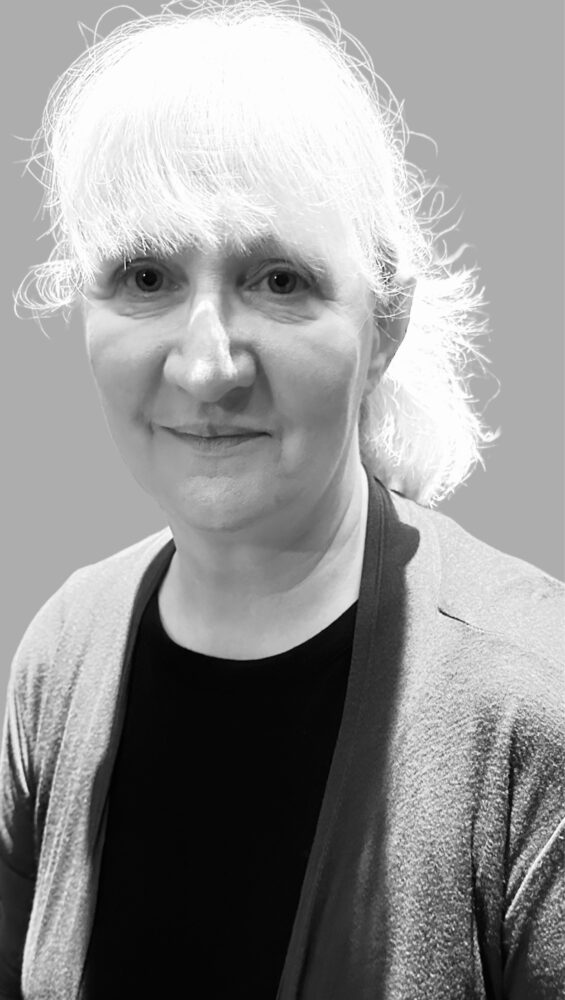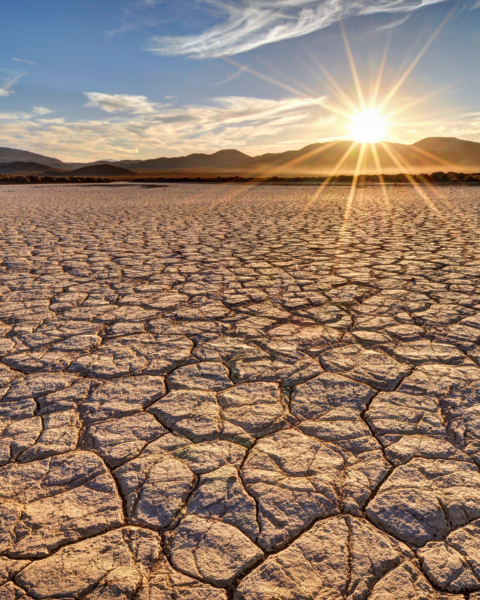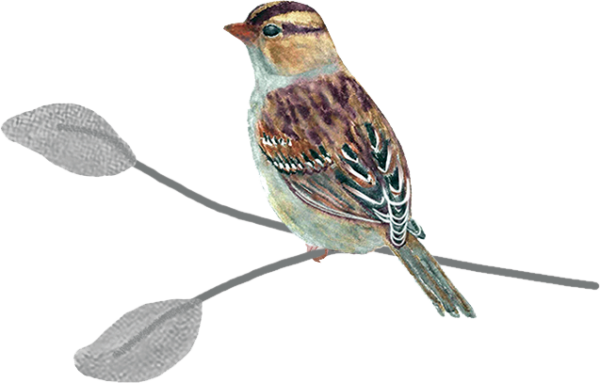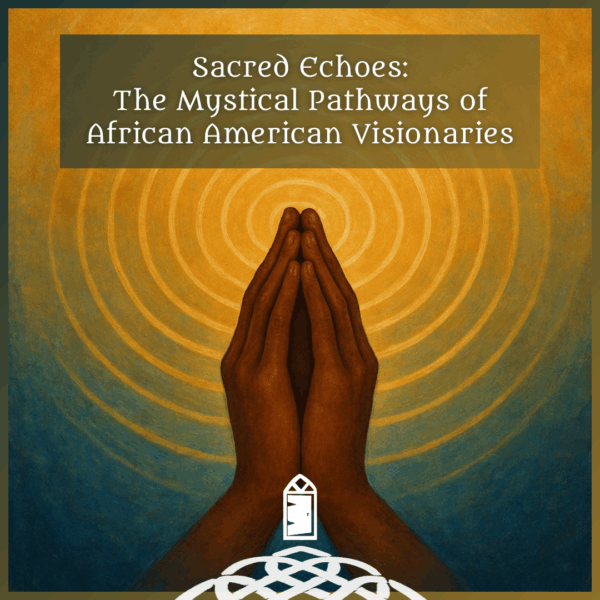I am delighted to share another beautiful submission to the Monk in the World guest post series from the community. Read on for Karen Southall Watts’s reflection Sturdy Shoes and an Open Mind.
My practice is not new or unique. In fact, I suspect that long before the Transcendentalists began tramping about the woods of New England in the 1800s, humanity was well-versed in the spiritual connection of a nature walk. I know I am not the first to discover the thick quiet of a lonely copse of trees, or the brilliant joy of a rabbit or deer bounding across your path. The woods are full of lessons. The tree felled in a violent storm becomes, with time, a busy new ecosystem of its own. The changing of the seasons turns the once familiar trail into an exciting adventure.
None of these insights are new. Yet, walking in the woods in the modern age has added layers of social, emotional, and spiritual significance. There are lessons beyond the classic life and death cycle or appreciation of beauty. My rambles through the woods inspire gratitude, and humility, and prick my conscience.
Most Americans live in urban or suburban areas. Access to a safe place for a nature walk is a privilege that many do not have. Since returning to the US from Canada three years ago, I’ve been lucky enough to live near green spaces. As I’m writing this, I’ve just returned from a walk in the woods, down to a river bank, and I didn’t even have to leave my neighborhood. This is a tremendous luxury, and I am well aware of that fact. While I am walking, I ponder the society that has made this practice such an extravagance. I wonder why we live in a world that insists people work so many hours per week they have no time to adequately rest, or think, or walk. I contemplate the way many Americans must make a special trip to a state or national park to see nature, and how that’s becoming increasingly expensive and difficult to do. On these walks my heart is simultaneously flooded with sorrow and gratitude.
Then there are the modern logistics of taking such a walk. Though I am seeking quiet, contemplative time, I carry a cell phone. It’s a safety measure, one that was unavailable to generations past. I don’t have to worry about getting lost or having a medical emergency. I can take photos of the amazing things I see. And yet, I know having this technology along changes the character of my experience. I’m alone, but never really disconnected. It’s far beyond Thoreau wandering into town to have dinner with friends or getting donuts delivered. Where does “real” nature begin? Am I missing out on the risk and reward experienced by previous generations when they set out to the woods?
I’d like to say I walk in the woods every day, but I can’t. The demands of life mean I need to hold down a job, sometimes two, to pay for my daily bread. The realities of age mean I can’t always face extremes of heat or cold, though cold seems easier to manage. As I wait for a time in life when my walking and contemplation can be the main focus of my days, I try to encourage the practice in others. I share photos of the wonders I find. I make nature walks part of my Gramma time. I even encourage people, in my professional roles as coach and educator, to add walking in nature to their lives. I believe in this practice.
For those of us with the blessing of physical mobility, and yes that’s another area I think about while walking, a trip through the woods can be mentally stimulating and spiritually healing all at once. Any old clothes, and any sturdy shoes, and you’re ready to go—ready to step from one world into another.
“I think it is the best of humanity that goes out to walk. In happy hours, I think all affairs may be wisely postponed for walking.” – Ralph Waldo Emerson
As I stated, it’s not a new practice. It’s not flashy or complex, but a walk in nature remains one of the purest joys of life, and a privilege available to few in the modern world.

Karen Southall Watts is an author, poet, educator, and consultant living in North Carolina. Karen tries to bring kindness and respect for the dignity of every person into all of her work from poetry to business classes.



